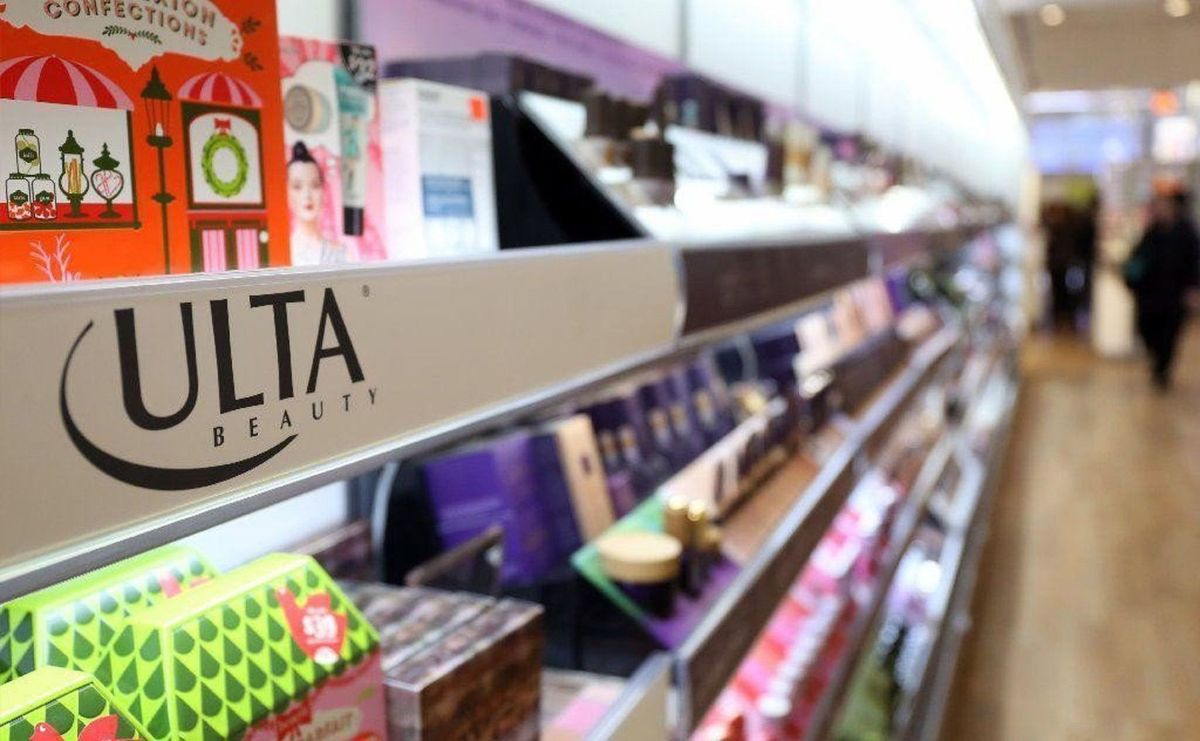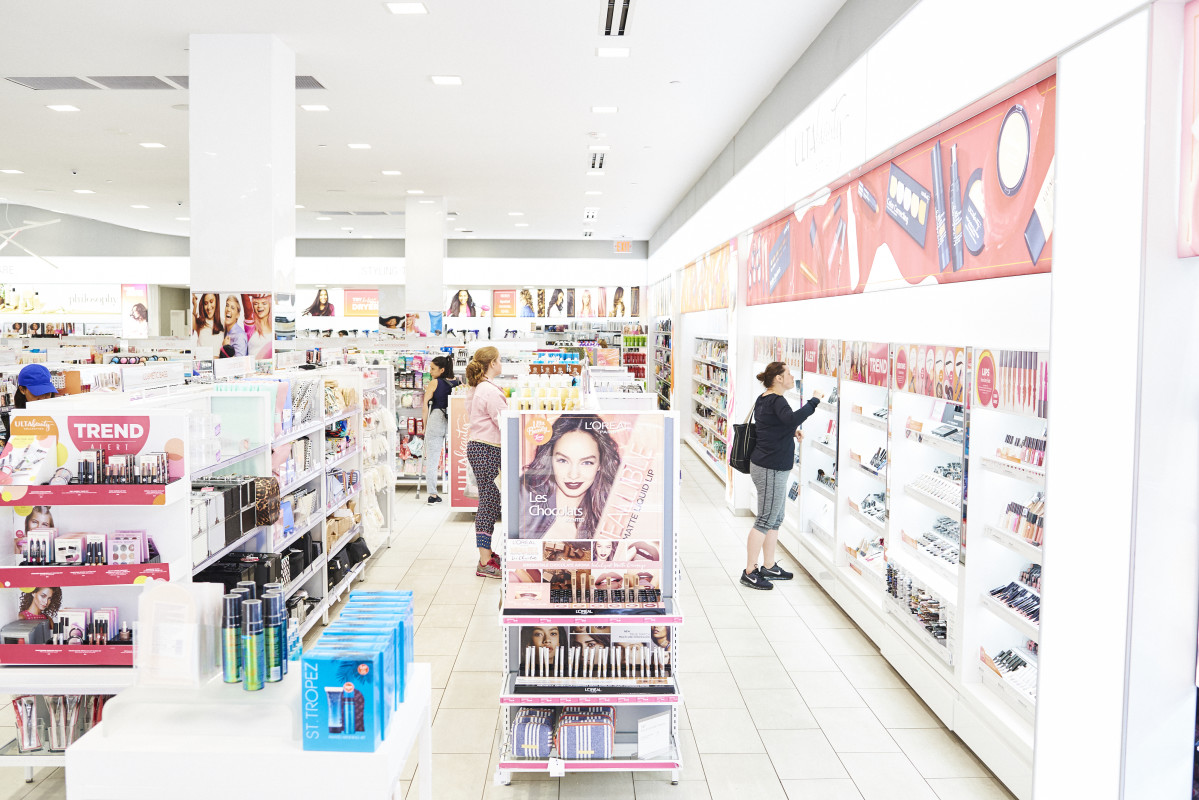
One of the fastest growing sectors of the retail space is cosmetics, and for good reason.
The U.S. cosmetics industry is valued at around $374.2 billion. It's no surprise, then, that everyone from Kylie Jenner to Serena Williams is getting in on the boom.
Related: Lululemon releases a first-of-its-kind product
And it's not just celebrities and athletes who want a piece of the sector. Some of the largest retailers in the United States have been rapidly adding more cosmetics offerings to their shelves in the hopes of enticing a newer demographic through their doors.
In 2024 Walmart (WMT) launched an exclusive agreement with cosmetics giant L'Oreal, whereby it will now stock the L'Oreal Paris Elvive Hyaluron + Plump hair line, which focuses on the a new trend popular on TikTok: scalp skincare and balance.
Amazon (AMZN) continues to add to its premium beauty section, most recently adding beauty giant Clinique to its storefront in late March.
In 2022,Target agreed to host mini versions of Ulta (ULTA) stores within its own brick and mortar spaces. And in 2021 Kohl's (KSS) agreed to do something similar with LVMH (LVMHF) -owned Sephora, something it regularly hails as one of its smartest business moves in recent history.
Ulta chief sounds economic warning
The cosmetics industry has been booming for years partly thanks to the lipstick effect, which poses that even during economic downturns, shoppers are still willing to treat themselves on little luxuries – like lipstick and makeup.

Few beauty enthusiasts are willing to forgo their favorite items even in the worst of times, and with the rapid pace of social media accelerating beauty trends and new releases, it's hard to keep up without spending a little money here and there on the excitement.
Retailers like Ulta and Sephora, therefore, have benefitted greatly over the past several years.
But Ulta CEO Dave Kimbell said the gravy train may not last forever in recent comments made a the JP Morgan Chase conference in early April.
“We have seen a slowdown in the total category,” Kimbell told the audience on Wednesday. “We came into the year — and we talked about this on our [earnings] call a few weeks ago — expecting the category to moderate. It has [had], as I said, several years of strong growth. We did not anticipate it would continue at the rate that it’s been growing.”
Q4 2024 earnings, reported in mid-March, saw revenue jump 10.15% year-over-year, with net income up 15.74%.
But these numbers were outsized thanks to a busy holiday shopping period, and Kimbell is telling investors to brace for something of a slowdown “a bit earlier and bit bigger than we thought,” in the months to come.
Looking ahead, Ulta told investors it expects its fiscal 2024 revenue to come in somewhere around $11.7-$11.8 billion. Its fiscal 2023 revenue was $11.2 billion.
The real slowdown is with Ulta's comps, which measures year-over-year success of stores that have been in operation for one year or longer. Ulta is targeting a rise in comps between 4-5% for 2024, compared to 2023's 5.7% comps growth and 2022's whopping 15.6% increase.







